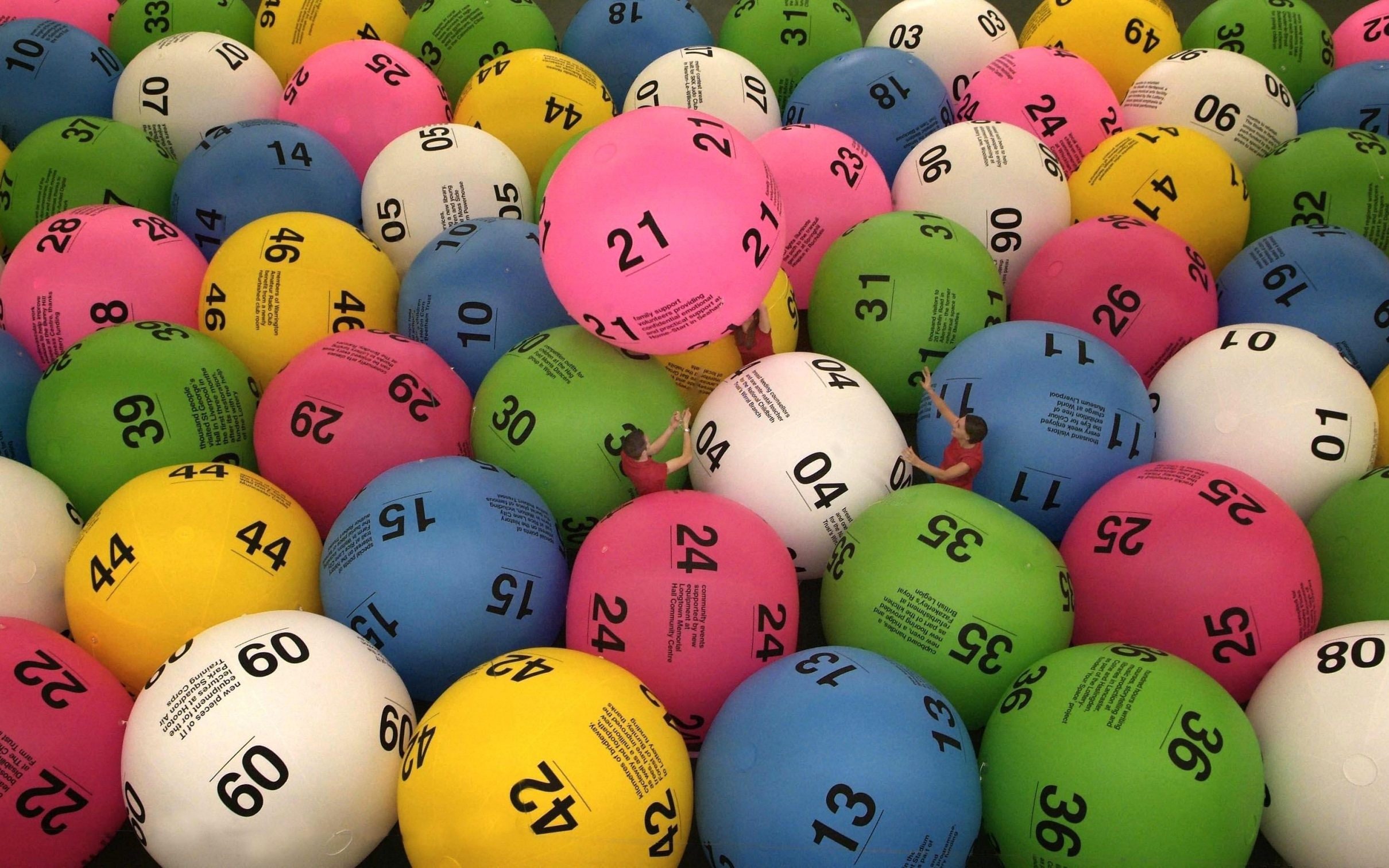
Lottery is a form of gambling where people buy tickets for the chance to win money or goods. The prizes are usually a set amount of cash or goods, although some lotteries award varying amounts based on the number of tickets sold. The word lottery is derived from the Dutch noun lot meaning “fate” or “seat of power.” In colonial America, public lotteries were common fundraising methods that helped pay for roads, libraries, churches, colleges, canals, and other infrastructure projects. They also financed private ventures, such as the founding of Princeton and Columbia Universities.
The first public lotteries were organized in the 17th century, and their success led to a proliferation of privately run lotteries across the country. They were hailed as a painless alternative to taxes and were an important source of revenue for both the poor and government projects. Lotteries can be structured to have a fixed prize pool or a percentage of the total sales (known as a proportional or formula-based draw). In some lotteries, the prize money is predetermined and the profits for the promoter and cost of promotion are deducted from the ticket sales before the final prize pool is announced.
Modern lotteries are usually conducted by computer. The computer randomly selects numbers from a pool and then matches them to the winning combination. The winnings are paid out to the winner in a lump sum or as an annuity, depending on the rules of the particular lottery and the jurisdiction where the lottery is held. When the prize is paid out as a lump sum, the winnings are usually significantly less than the advertised jackpot because of the time value of money and income tax withholdings.
In most cases, people know that they won’t win the jackpot. Yet they continue to play the lottery, often spending a lot of money in the process. This is because a lottery has the ability to create a sense of hope and a feeling that you’re one of the lucky few. This is referred to as the law of large numbers.
The reason for this is that the probability of winning the jackpot is very small. In fact, the chances of winning are about 1 in 195 million. Even if you spend a significant amount of money, your chances of winning the jackpot are very slim.
It is also possible that people participate in lotteries because they enjoy the entertainment value of the game. This may be especially true for the big jackpots, such as those seen on billboards. However, there is also the hidden underbelly of lotteries that isn’t always visible to the casual observer. This underbelly is that the person running the lottery is probably getting very rich from the sale of tickets. This is why many governments guard their lotteries jealously from private hands.